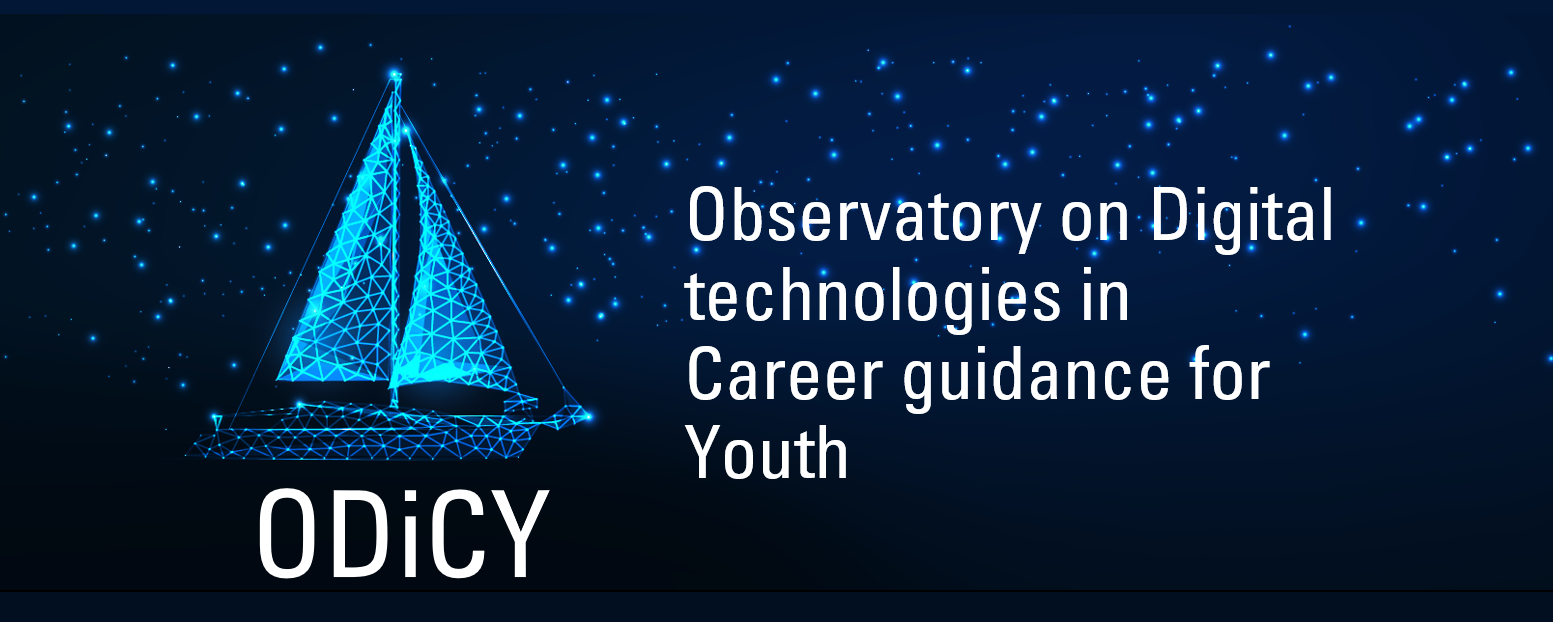Career Readiness
Helping to better prepare young people for working life
About
The OECD Career Readiness project is designed to provide new advice to governments, schools, employers and other stakeholders on how to best prepare young people to compete in an ever-changing labour market. Drawing on international datasets, the project identifies career-related factors that make a difference to young people’s success in adult employment.
“Staying in education longer than ever and facing a turbulent labour market undergoing radical change due to automation and the coronavirus, it has never been more important for young people to effectively prepare by their schools for the working world.”
- Andreas Schleicher, OECD, Director for Education and Skills
Digital technologies are an integral part of our everyday lives with important implications for career guidance. With use of generative AI now widespread, online tools provide new opportunities to personalise and extend the reach of career guidance activities, but also raise concerns, especially for students at-risk of being left behind. How do technologies help or hinder the effective, efficient, and equitable provision of career guidance? How are different countries using digital technologies in school career guidance and what can we learn from their practice?
Join us to hear from international experts, ask your questions of innovative developers and think deeply about the opportunities and risks associated with digital technologies in career guidance for young people.
ODiCY
The OECD Observatory on Digital technologies in Career guidance for Youth (ODiCY) is an open-access repository on the use of digital technologies in career education and guidance designed to support the career development of children and young people attending primary and secondary schools. It enables the global community of policymakers, schools and guidance practitioners to gain easy access to up-to-date practice examples and guidance on their effective commissioning, development and use. There is good reason to believe that new technologies can enhance the established provision of guidance, allowing it to be more effective, efficient and equitable. Yet to date, very little has been evaluated to a high standard. ODiCY allows policymakers/ practitioners to compare approaches in a field where innovation is fast-paced and driven by multiple actors around the world.
The structure of the Observatory is driven by the needs of education systems, schools and guidance professionals and follows extensive discussion with stakeholders. It is shaped by the OECD’s identification of Career Readiness Indicators: forms of guidance connected to how young people explore, experience and think about potential futures in work that commonly link in national longitudinal datasets with better long-term employment outcomes for youth.
Our 2023 Conference
|
DISRUPTED FUTURES 2023: International lessons on how schools can best equip students for their working lives An OECD conference highlighting innovative research and practice in Career Guidance for Youth
|
Publications and Resources
Our Project Brochure:
How youth explore, experience and think about their future: A new look at effective career guidance
Latest Working Paper, Chapters and Country Reviews:
- (NEW) Challenging Social Inequality Through Career Guidance: Insights from International Data and Practice
- Career readiness review: The Commonwealth of Virginia, United States
- Career readiness: In Latin America and the Caribbean
- Indicators of teenage career readiness: An analysis of longitudinal data from eight countries
Latest Policy Briefs:
- (NEW) Career guidance, social inequality and social mobility: Insights from international data
- Career talks with guest speakers: A guide to delivering an effective career development activity
- Job shadowing: A guide to delivering an effective career development activity
- Career readiness in the pandemic: A summary of project findings
- Career readiness in the pandemic: Insights from new international research for secondary schools
- Indicators of teenage career readiness: Guidance for policy makers
Effective Career Guidance
Effective career guidance enables young people to develop informed, critical perspectives about the relationship between education and employment, helping them to visualise and plan their transitions through schooling and into attractive work. Effective guidance is rich in first-hand encounters with the labour market, begins early and responds to the personal circumstances and interests of students.
Latest Examples of Practice:
- Armenia: Independent Career Planning Moduie
- Canada: Workplace Exploration in New Brunswick
- Germany: Girls’ Day and Boys’ Day
- Ireland: Delivering Equality of Opportunity in Schools
- Jordan: Engaging children and parents in career development
- Malta: Career Exposure Experience for Year 10 Students
- New Zealand: Manurewa High School’s Passport to Employment programme
- Spain: Career Talks at Colegio Legamar
- United Kingdom: Career Talks with Guest Speakers
- United States: Guest Speakers at Chicago Public Schools
Our Findings
International datasets can help to identify indicators among teenagers that are linked with employment outcomes. Take a look at some of our findings:
Updates from EDU
Watch our webinars
Watch now:
Acknowledgements
The OECD gratefully acknowledges the support of our partners in this work: the JPMorgan Foundation, the Jacobs Foundation (Switzerland) and the National Center on Education and the Economy (United States).



